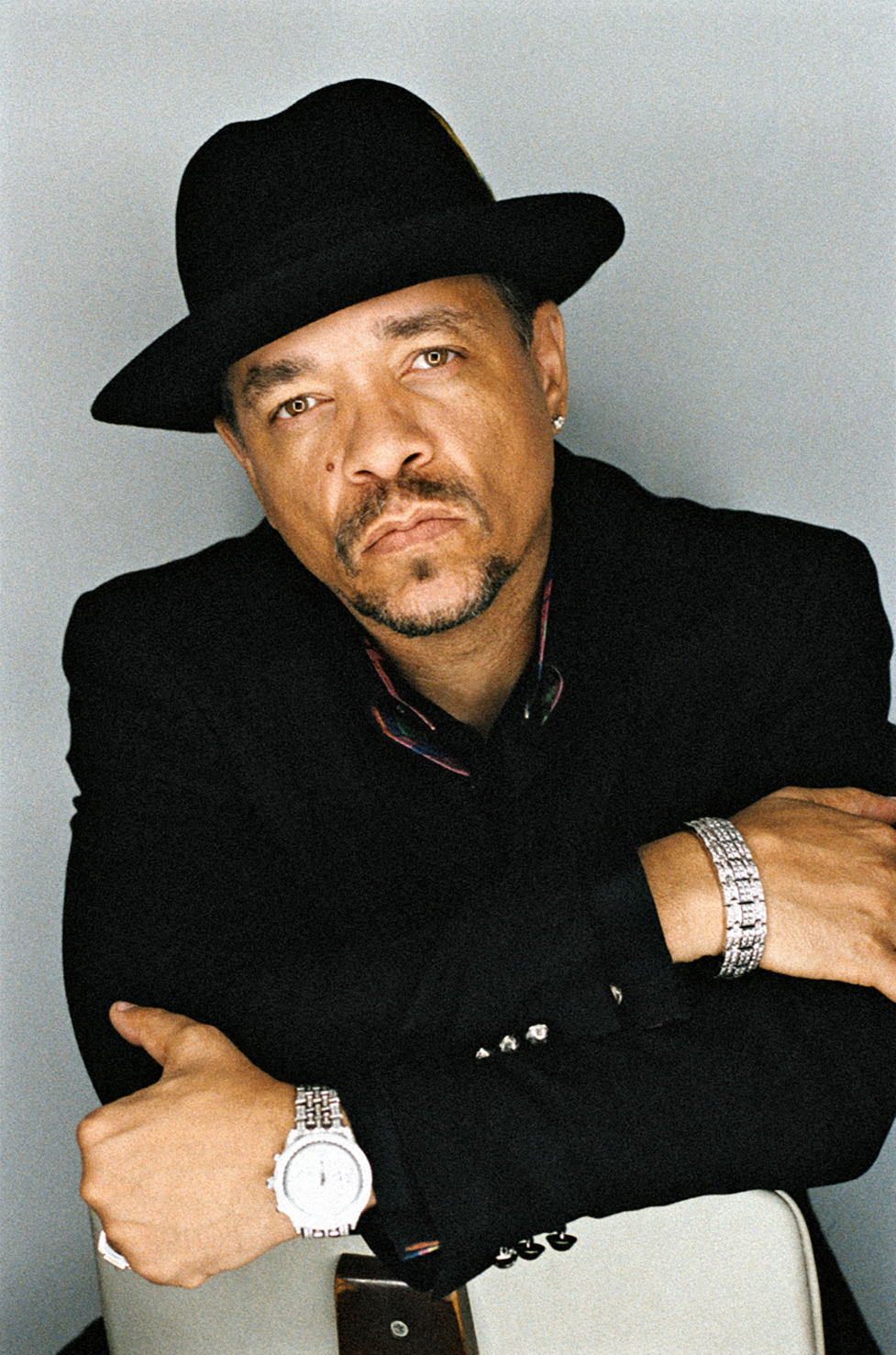What TV Stations Really Want From Syndicators in 2021
It’s not another talk show from a big-name star
The smarter way to stay on top of broadcasting and cable industry. Sign up below
You are now subscribed
Your newsletter sign-up was successful
Local TV stations again proved their importance in 2020 when audiences seeking information about the pandemic, protests and politics tuned in in droves.
But while it’s clear that local TV stations aren’t going anywhere — and still need programming to fill all of those non-news, non-network hours — the flight to streaming and audience fragmentation means the financial model is more challenging than ever. So how to thread that needle?
The answer varies, but working with partners who can come up with innovative ideas tops station executives’ lists of what they are looking for in 2021.
“A lot of people over the last couple of years have really started to do new things,” Frank Cicha, executive VP of programming, Fox Television Stations, said. “There’s a shift in attitude about how all this works.”
For example, Meredith and Sony Pictures Television are slowly rolling out a new entertainment magazine, People (the TV Show!). People debuted this fall in Meredith’s 12 markets and SPT plans to have the show cleared nationwide by 2022 — a timetable that used to be unacceptable.
Another innovation from Sony is offering Dr. Oz spinoff The Good Dish to stations with lots of customizable advertising opportunities for local stations. For example, it is working with grocery store chains to sponsor downloadable lists of recipe ingredients that will drive viewers into the store.

Stations Like New Ideas
With all of these ideas and more, station buyers say: bring them on.
The smarter way to stay on top of broadcasting and cable industry. Sign up below
“We need to support the independents as much as possible,” said one station buyer. “Independents have been the engine that have pushed the industry forward.”
Independent studios — such as Debmar-Mercury and SPT — operate without an affiliate network or TV stations, which means they are free to work with the highest bidder or most interested party on any given project.
“What pushes the marketplace forward is the trust you get from groups who are more agile, smaller, more adept and more hungry,” that source said. “That’s where change comes from, the change doesn’t come from groups who are established and content with where they are.”
Other companies — such as Comcast-owned NBCUniversal or The Walt Disney Co. — tend to develop projects for their own stations
and then sell them to non-owned stations in other markets.
That’s not entirely bad, because it means that stations in markets that aren’t New York, Los Angeles or Chicago (and sometimes Dallas), have access to shows starring well-known talent such as Drew Barrymore, Kelly Clarkson or Tamron Hall that they might otherwise not have access to. But stations know that expensive shows aren’t really in their budgets anymore unless they can be subsidized elsewhere.
That’s where station buyers see opportunity in things like up-and-coming advertising-supported video-on-demand (AVOD) networks, such as Fox-owned Tubi and ViacomCBS-owned Pluto TV. Many are free to watch, although the largest, Disney-owned Hulu’s ad-supported tier, still costs $6 a month. NBCUniversal’s ad-supported Peacock is free with subscription tiers. WarnerMedia’s HBO Max is looking at launching an ad-supported tier this spring.
As those services look to differentiate themselves, they will be looking for more programming, and station executives are eyeing them as potential partners.
“Something I would like to see in the future is a way that streaming could contribute to the overall revenue of a show,” Cicha said. “Once we get to a place where barter spots can be monetized on streaming, that could open up a whole new world.”

Tests also remain important to station groups. This March, Fox is testing a half-hour court show The Mediator from Ice-T and former Warner Bros. syndication executive Stuart Krasnow and more tests are expected to be on the way.
“The way that show came to us is so much about how these things will need to get done in the future,” Cicha said, with producers willing to shoulder some of the financial risks. Krasnow comes from Warner Bros., so he understands the economics of syndication from the stations’ point of view.
“I don’t want to sound draconian, but if there’s not some other way to finance these syndicated shows, there won’t be syndicated shows,” Cicha said. “Still, I’m optimistic. Once people realize this and understand, all of these conversations get a lot easier and I think there’s way more interest now in trying new things.”
Another area that’s changing is the use of library programming.
“People are getting more creative with deals for things like off-network hours,” Cicha said. That includes such shows as NBCUniversal’s Dateline, renewed in more than 75% of the country earlier this month for a fifth season as a syndicated strip, and Law & Order: Special Victims Unit, which is coming out for a syndicated run next fall.
“Networks are continuing to rely on those types of procedurals, and studios aren’t going to get the kind of money that cable networks used to give for them,” Cicha said.
Opportunity Knocks
That spells opportunity for groups like Fox, which has many non-network-affiliated MyNetwork stations to program, complete with hours of primetime real estate available to interested programmers.
Stations also are starting to fill some hours with repeats of long-running shows that have left or are leaving production. NBCUniversal has been offering Jerry Springer to stations for two years now, even though the show went out of production in 2018. Next year, CBS Television Distribution’s Judge Judy will end first-run production, but the show will live on in repeats on stations across the country. With 25 years of episodes in the can, viewers will hardly be able to tell the difference, and repeats of Judge Judy perform nearly as well as Judy originals. (Meanwhile, Judge Judy Sheindlin is taking first-run production of a new show over to Amazon’s free ad-supported streaming service IMDb TV, where it will premiere next fall.)
Maybe the most surprising thing is that station executives aren’t wishing for more programming — the fall 2021 slate already looks pretty full, with such shows as Jay Leno’s You Bet Your Life coming from Fox, Nick Cannon back on track from Debmar-Mercury, a talker starring Niecy Nash in the works from CBS Television Distribution and SPT’s aforementioned The Good Dish and game show Common Knowledge, hosted by Joey Fatone.
Contributing editor Paige Albiniak has been covering the business of television for more than 25 years. She is a longtime contributor to Next TV, Broadcasting + Cable and Multichannel News. She concurrently serves as editorial director for The Global Entertainment Marketing Academy of Arts & Sciences (G.E.M.A.). She has written for such publications as TVNewsCheck, The New York Post, Variety, CBS Watch and more. Albiniak was B+C’s Los Angeles bureau chief from September 2002 to 2004, and an associate editor covering Congress and lobbying for the magazine in Washington, D.C., from January 1997 - September 2002.

